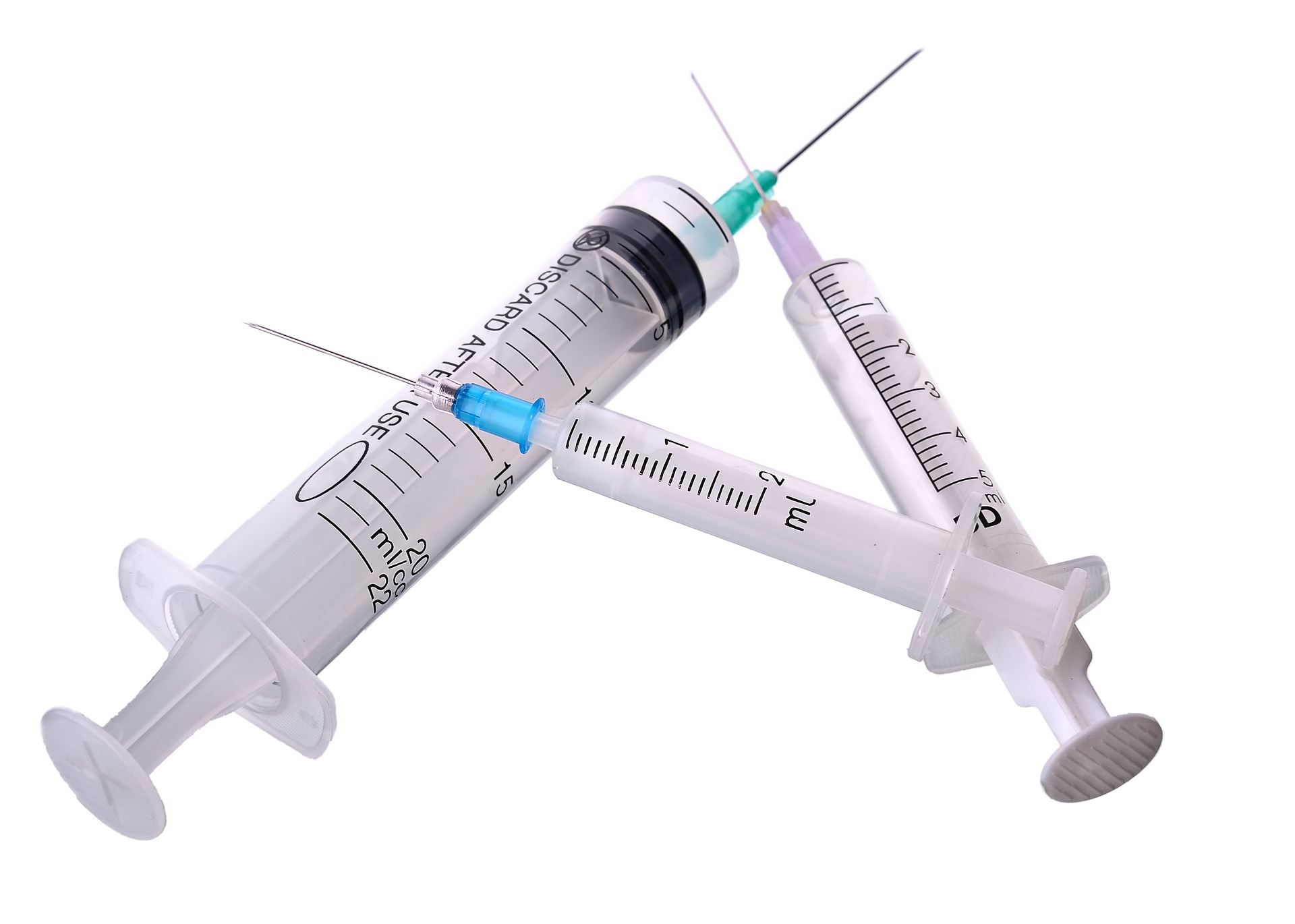Reviewed by Rose MacPherson
Thesis
“The essence of my position is simply that vaccines by their very nature have a major downside that has largely been ignored, so that it is reckless in the extreme to continue mandating them – and indeed more and more of them without limit or restraint – until these dangers are taken seriously, understood in a broader context, and assessed in a more careful and systematic fashion” (3). “Vaccination is essentially an artifice, designed to trick the immune mechanism into providing a semblance or counterfeit of immunity that is partial, defective, and temporary at best” (6).
Unique Points
Vaccines can harm pets, too! The account of a prized English bulldog receiving routine shots was mentioned in this book. Afterwards, the dog had anaphylactic shock (54). Also, tests were done on dogs that proved vaccines to have the potential to cause diseases (170).
Worldview
Page 200 refers to “uncounted generations of adaptive evolution.” It was unclear to me whether the author was referring to micro evolution, which could be acceptable, or to macro evolution, which would probably make the author an atheist. At the end of the book, under a subheading entitled What I Believe, Dr. Moskowitz states, “The discipline I try to be worthy of is... simple, ...wholesome, and ...satisfying[:] offering the relevant science... to enhance [the patient’s] own innate self-healing capacity. Religion or not, that is the profession I would live by” (252-253). If he were a Christian, I don’t think that he would call being a doctor a “religion,” and he might also mention that the “innate self-healing capacity” is God-given.
Recommendations
Don’t trust the studies that prove vaccines safe and effective. “The lead investigator’s main assignment is to do whatever is necessary to ensure that the results of such trials conform to the company’s predetermined agenda of advertising the product to be as safe and effective as possible” (33). Dr. Moskowitz explains again and again that vaccine studies are deceptive at best and fraudulent at worst. Dr. Moskowitz quotes Dr. Robert Mendelsohn as saying, “Parents are better than doctors at managing their children’s health. ...[Parents] are willing to give [their] children the time and attention, and your doctor isn’t. ...In most instances, all [the doctor’s] tests, shots, and X-rays are no substitute for the common-sense care that an informed parent can provide” (46).
Compare/Contrast
Vaccines: A Reappraisal argues that, because vaccines have the potential for side effects, parents should have the right to choose whether or how many vaccines their children should receive (50). Jabbed, by Brett Wilcox, takes a stronger stance, saying that “all vaccines result in harm to a
greater or lesser extent” (xxi). Vaccines: A Reappraisal, much like Jabbed, calls vaccines a “religion” (199).
My Critique
Dr. Moskowitz says that he is “pro-choice” for vaccines. I think that he should have found a different word or phrase, one that does not carry a negative connotation. While I found much of this book to be understandable, some parts would be better suited for someone who knows much about medicine and science. For instance, Dr. Moskowitz says, “These vaccines are bioengineered, and therefore need aluminum-salt adjuvants to achieve significant antigenicity” (221), and I am not entirely sure what he is talking about. Other than a few places such as that one, I enjoyed the book and was able to learn quite a bit from it.